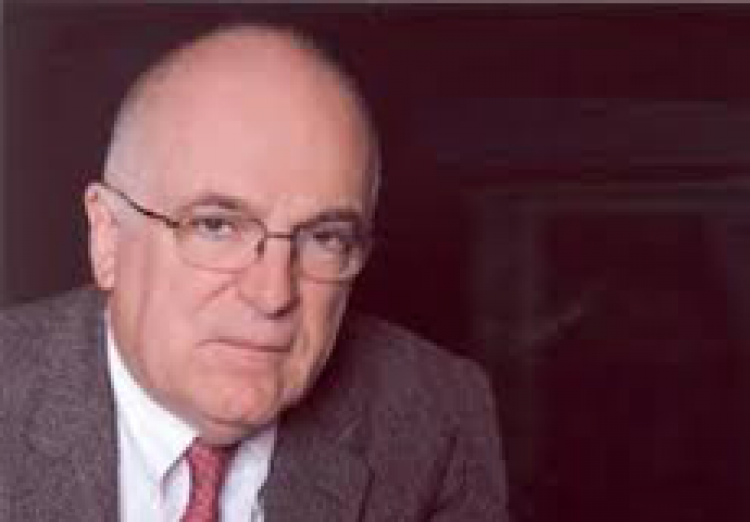AIRMIC LECTURE – ex-MI6 chief urges companies to take positive view of changing world order

There has been a ‘phenomenal’ resurgence of geo-political risk facing companies, former head of MI6 Sir Richard Dearlove told the annual Airmic lecture. Although his talk took place before the Paris attacks, these latest acts of terrorism have served to underline the relevance of his comments.
Sir Richard, now non-executive chairman at Ascot Underwriting, spoke about the weakening world security order and rising levels of uncertainty. “Anyone who can tell you they can predict international events is talking rubbish,” he said, “but you can predict trends.”
The quickening pace of technological change, the diffusion of power away from the state (though not, for example, in China), the vacuum left behind by the resurgence of American isolationism, the rise in identity politics and the destabilising effects of falling commodity prices were among the factors he highlighted that are contributing towards instability.
He also drew attention to the breakdown in international co-operation on such critical issues as climate change, migration and the Middle East. (Since the attacks in Paris there has, of course, been an increase in co-operation in respect of tackling ISIS.)
“We are in a period of massive technological change to the extent that it is socially disruptive,” he told the audience of more than fifty Airmic members who had gathered at the Lloyd’s Building.
He urged people, though, to see trends in perspective: “It is important to be proportionate about these issues.” More juncertain, he said, does not mean more dangerous. He pointed out that only one person had been killed by terrorists in the UK since 2005. He added that the uncertainty had been accompanied by big advances for the human race, including a big reduction in world poverty.
Sir Richard Dearlove
